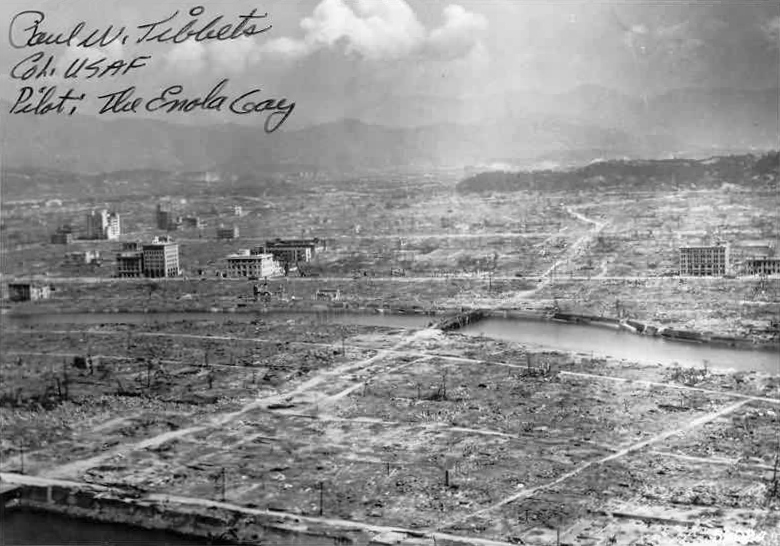PlanetPakistan
Senior ODI Player
- Joined
- Mar 26, 2006
- Runs
- 23,460
This day 63 years ago.
Close to 140,000 innocent civilians blown away. Many more were killed in days, months, years and decades after the bombs on Hiroshima(AUG 6 1945) and Nagasaki(Aug 9). IMO the second bomb on Nagasaki was completely unnecessary and was possible a move to keep the communist Soviets out of Japan(they were planning on attacking Japan and were not getting along with the Western "allies")
Lets pray for the folks who lost their lives and hope that such a thing NEVER happens again.
Close to 140,000 innocent civilians blown away. Many more were killed in days, months, years and decades after the bombs on Hiroshima(AUG 6 1945) and Nagasaki(Aug 9). IMO the second bomb on Nagasaki was completely unnecessary and was possible a move to keep the communist Soviets out of Japan(they were planning on attacking Japan and were not getting along with the Western "allies")
Lets pray for the folks who lost their lives and hope that such a thing NEVER happens again.









 ......
......

